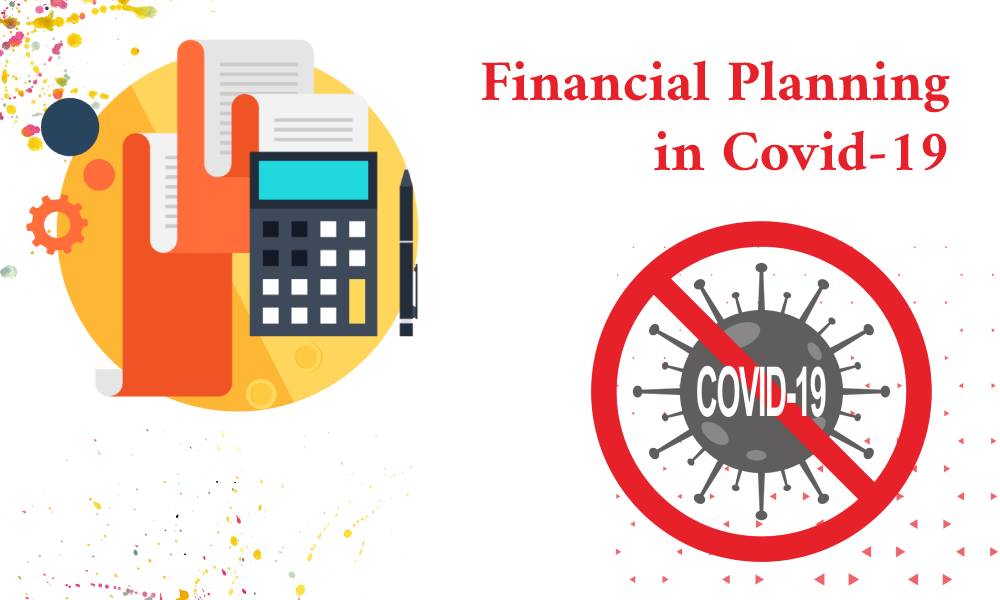Having a bad credit score can spell doom for your financial health and future. A bad credit score can result in rejections of finances for housing loans, car loans, credit cards, and personal loans, and if you are running a business, in that case, your clients and investment sources will dart to your competitors. Don’t be afraid, all is not lost, improving your credit score might seem like an intimidating task for which you need to hire expensive financial consultants, but it doesn’t always have to be that way! This article will guide you with simple practical tips that are easy to follow, and with time you will be on your way to having a score that will be a source of envy to your peers.
- Check Your Credit Report and Understand its Purpose.
If you want to keep a tab on where your credit stands, there’s no better way than by checking your credit report. There are various agencies and financial institutions that can assist you in generating your credit report, these are mostly paid services, however, in such a sensitive case it is definitely worth the minor expense. By requesting the copies of these reports regularly, you will have detailed access to all of your financial information. This will allow you to closely monitor and track how far away from a good credit score you are at any given time.
We believe that you do not need a degree in finances to understand and draw conclusions from such reports. One area that you need to focus on is understanding what are the factors that actually affect your credit score. This way you can save time and concentrate on the things that really matter. Here are a few things that have an impact on the credit score: Current accounts, Open and closed accounts in good standing, Length of credit history, Types of credit used (credit cards, installment loans like mortgages), New credit (both applying for new credit and recently opening new accounts), Payment history (late payments), Number of hard inquiries.
Talking about the pros of having a good credit score, well, it is self-evident that the higher your credit score, the more likely you are to be at the receiving end of loans with favorable interest rates; on the flip side if your score is low, you may not qualify for certain types of loans or even might have to to pay higher interest rate.
- Set up Automatic Payments for Bills.
You would think that people would remember to make payments on time, but data has shown that large portions of borrowers are often late in depositing their installments. Making sure your bills are paid on time can go a long way toward building a positive credit score. Each late payment will further put a dent into your credit score; it doesn’t matter if it was accidental or deliberate. To avoid such a scenario it is advised to set up automatic payments, this is one of the simplest, easiest, and most effective ways to ensure bills get paid on time, every time.
The first step in this direction is to make sure that automatic payment is set up in your payments system. These days every financial transaction set-up offers such facilities, if however, they don’t, consider switching banks or cards until you find one that does! Even missing just a single monthly payment can hurt your overall score—so remember to set up automatic payments as soon as possible and boost your score!
- Keeping Good Company.
What does it mean to keep a good company? It’s quite simple actually – just like in your personal life associating with good company promotes your well-being, similarly coupling your finances with a network of individuals with stellar credit scores provides proof that the health of your financial account is a-ok. Such an association will not only boost your credit score but at the same time also ensure that in the eyes of your lender you’re not a risky borrower.
Find friends, family, or business associates who have flawless credit, and request them to be authorized users on your credit cards. The majority of banks will add such an authorized user right away.
Follow these simple, practical, and easy-to-implement tips into your financial habits, and pretty soon you’ll be positively surprised with the results. Who knows, maybe with time you’ll start serving financial advice to others as well.






